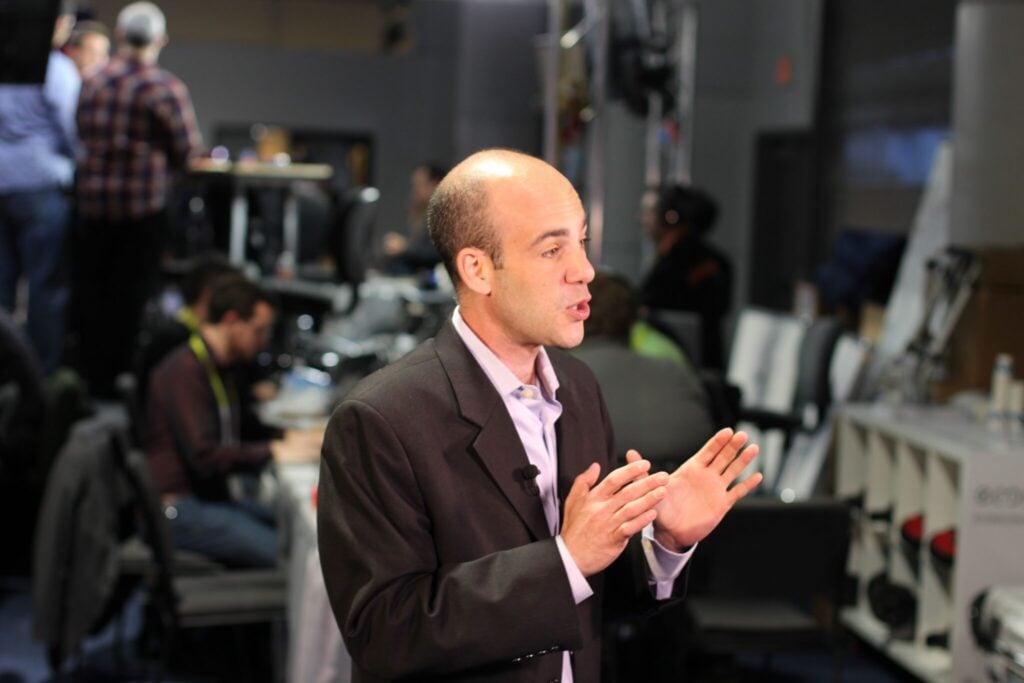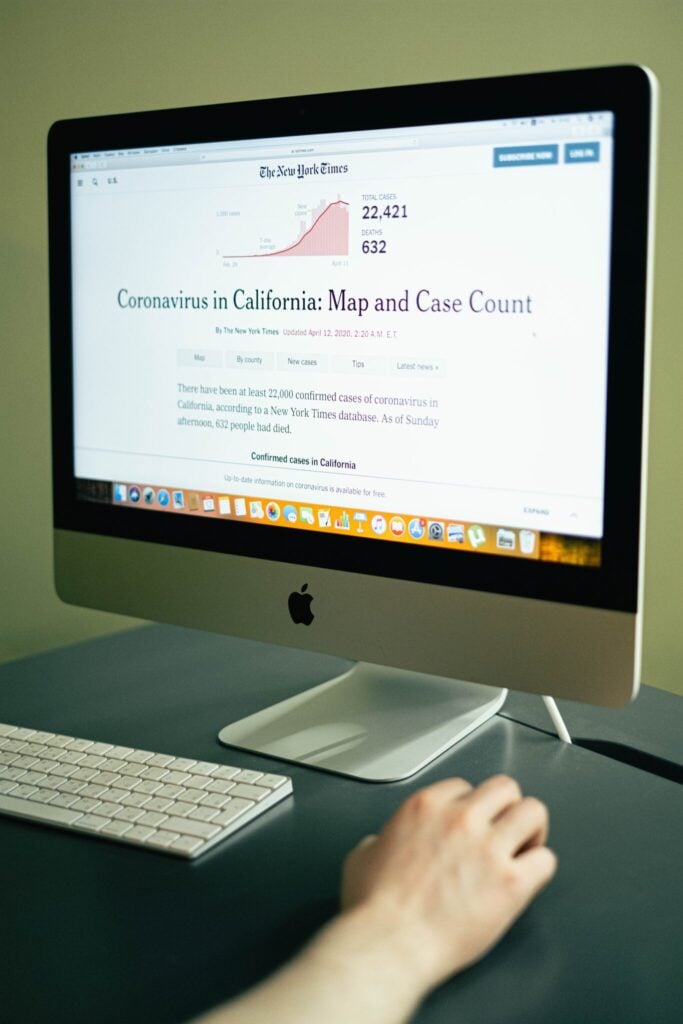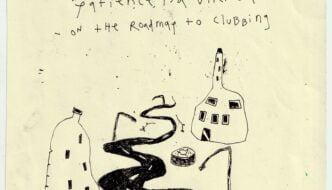
Pexels.com
Should you wish to look for it, merchants are in most cases obliged to provide full disclosure for the products and services that flow in and out of our private lives. The small print is the self-aware section of text. It can be found in most handbooks, lists of ingredients, legally binding contracts, if you look closely enough. While its disposition may suggest otherwise, the sad, subtle typeface is absolutely necessary in order to satisfy any legal technicalities, and, in any case, secure immunity from culpability, should something go wrong. A merchant might also wish to consider any ethical or moral reservations. But these are not legally binding. They can be turned on and off at will, like a light switch kept off in the wintertime, a vague attempt to keep down the expenses, despite the setting darkness.
The small print operates on the certainty that the average person does not have the patience, nor understanding, to filter through the legal jargon, nor indeterminable lists of chemical compounds. When it comes to the news, the knowing voice that warns us to “always read the small print!” is also not so loud or commanding. The mainstream media enters our private lives with no such warning at all; a quick glance at the newspaper headlines on a crowded train, the animated face of the Sky newsreader, sat mute but proud upon the large screen that dominates the office. The small print assumes that ordinary people live their lives on a strange kind of auto-pilot – we have learned to read as dutiful agents of the New Age, processing the headlines without pausing to read what is being said in-between them.
And in the current climate, updates on the news have become a reason to stay afloat: to get out of bed in the morning, and to continue on with the work day as if the decision to work from home today was ours. The daily headlines have penetrated our homes, without as much as a knock at the door. Hunched over a morning coffee, the “Coronavirus: news you may have missed overnight” updates you over breakfast on an abbreviated version of the information you heard the evening before. The stream of headlines that follow the daily live on-screen update, has become the nationwide signal for the end of the working day. Where human interaction has been put on hold in the name of social distancing and self-isolation, the mainstream media has become the primary method for the distribution of information.

Ivan Samkov, Pexels.com
The public consciousness has long since accepted the journalists and live-reporters as the self-proclaimed mediators of world: their main duty is to interpret the world on our behalf, to filter what would otherwise be chaos, into more intelligible and accessible order – in other words, headlines. “It’s fair to say that during disasters,” said media commentator Roy Greenslade back in 1999, “the media does see itself as performing a public service.” Skeptics have always acknowledged the extraordinary power of the newsroom in the sway over public opinion in any case. But especially now that the mainstream media has total, undisputed play of the field, it is important to take the time to reflect upon what we read, especially now the time is ours to do so.
The pride of the media industry was the merging of information and entertainment (“infotainment”) – as it made its way into the distribution of the news. Yet, even amid a global crisis, newsrooms don’t see reason to pull the scathing, sensationalist headlines from the tabloid papers. One such front-page headline – “Pubs Shut Till Xmas” [The Sun, Monday 20 April, 2020] – offers an example of a crude speculation on a dire future. These headlines are powerful in their hold over the public consciousness. Emboldened letters prime a certain initial response – perhaps an outrage, a direction of blame, a sense of despair – that colours and shapes the way the remainder of the article is read. This example quotes Frank Maguire, from Truman’s Brewery, the designated authoritative voice on this matter. “At this rate it seems unlikely we will be open again before Christmas,” he says. A comment that is flippant, provoked. It could easily be a frustration shared between friends.
There is no released scientific evidence to suggest that this is indeed the case – and, in fact, we now know that the opposite is true (pubs re-opened on 4 July). Maguire speaks with the credentials and authority afforded to him by the publication. Just as the skilled magician perfects his sleight of hand, the journalist merges speculation and opinion into fact, as irrefutable as science founded upon evidence. The reader has been led to believe that the authority on the matter has spoken, and this false impression has not been corrected otherwise. The movement from full-truth to half-truth is swift and undetected, far beyond what Conservative politician Alan Clark once suggested was being “economical with the actualité.”

Suzy Hazelwood, Pexels.com
Such headlines have always been crudely justified as acting in the national interest, because “it’s the people’s right to know,” and “it’s only giving the people what they want.” The excitement of these headlines, those that offer alternative and extravagant realities, is quickly drained when we realise that they’re shaping our future. “Acting in the interest of the public, is not whatever happens to interest the public,” states the code from the Press Complaints Commission (PCC).
News today is conveyed with immediacy. The media demands of its journalists that headlines, and the stories that befall them, be put out into circulation quickly and efficiently. With such little time to editorialize, hasty and ill-judged decisions are made and excused. The public pour over the news, all the same. Some with their loved ones, others not. While Karen Sanders (Professor of Politics and Communications, and writer of ‘The Ethics of Journalism’) has succinctly pointed out that “reporting and literature do share a common commitment to the ‘story’,” ethical journalism is not simply about crowd pleasing, nor putting on a good show. It is reporting with integrity and compassion, avoiding speculation, and the circulation of misinformation. The warning sign should be when the difference between data and entertainment becomes too difficult to discern, if only for the fact that our reality becomes a little too Orwellian. The future should not be bleak: fiction has no place in journalism, and ethical journalism does not come with small print. It does not need disclosure.
Jessica Fynn is an English Language and Literature student at the University of Leeds. Her interests lie with the avant-garde and experimental forms of writing. She favours witty and off-centre journalism, and rarely shies from the controversial, highlighting her genuine interest in alternative viewpoints and discussion.
Filed under: Politics
Tagged with: covid19, headlines, infotainment, lockdown, news, newspaper, print, publishing, small print



Comments